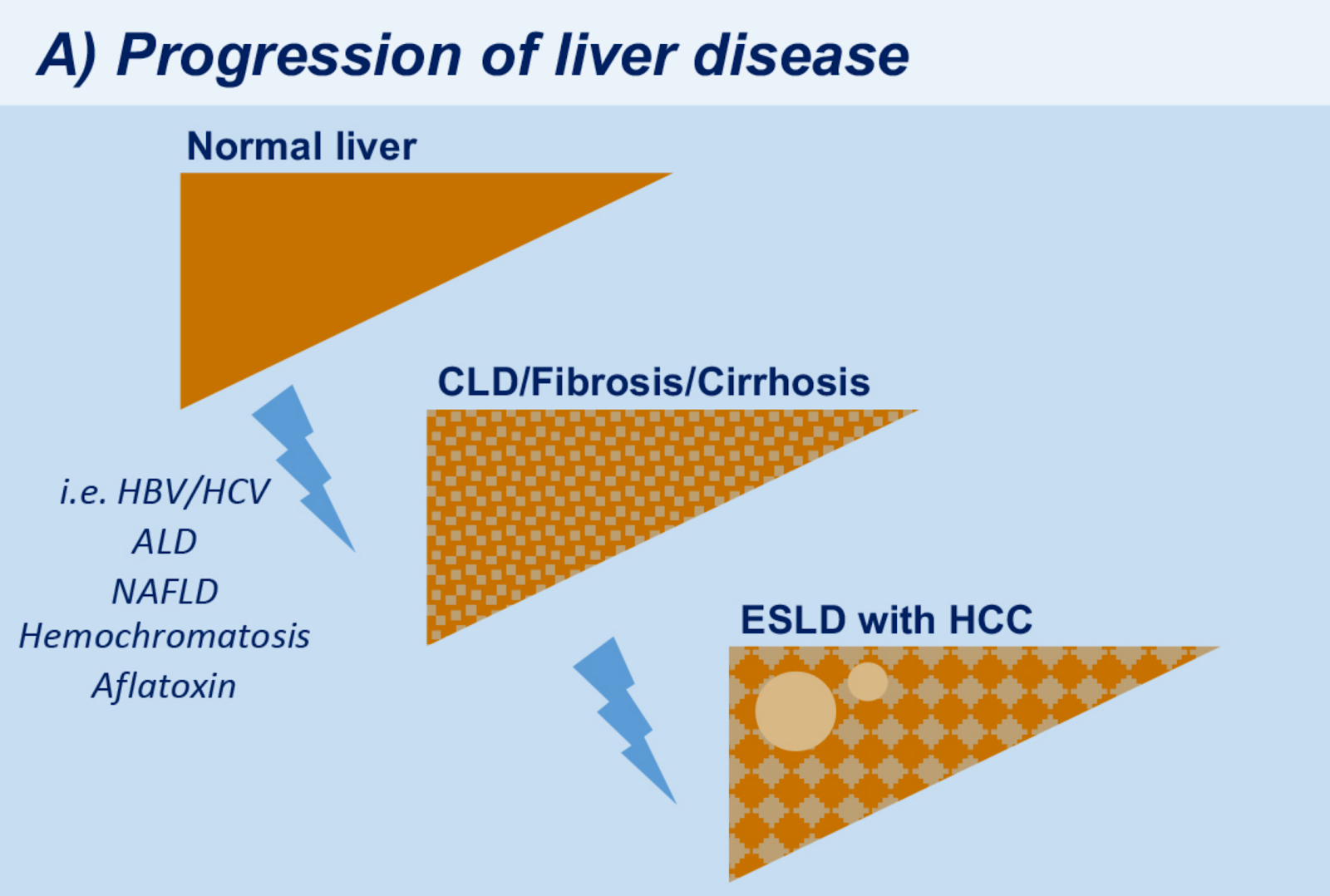Liver Disease: Types, Causes, Prevention, and Control with Food Modification and Medicines:
Introduction:
Liver diseases encompass a range of conditions that affect the liver's structure and function. They can have various causes, including viral infections, alcohol abuse, obesity, autoimmune disorders, genetic factors, and certain medications. Understanding the types of liver diseases, their causes, and implementing preventive measures are crucial for maintaining liver health. This article provides an in-depth overview of liver diseases, their types, common causes, and explores preventive strategies, including dietary modifications and medical interventions.
A. Types of Liver Disease:
1) Hepatitis:
Hepatitis refers to the inflammation of the liver, often caused by viral infections (hepatitis A, B, C, D, and E viruses). It can also result from excessive alcohol consumption, toxins, or medications.
2) Cirrhosis:
Cirrhosis occurs when the liver is extensively damaged, leading to scarring and impaired function. Chronic alcohol abuse, viral hepatitis, fatty liver disease, and autoimmune disorders can cause cirrhosis.
3)Fatty Liver Disease:
Gathering of fat in liver cells results in Fatty liver Disease. It can be alcoholic or non-alcoholic, with the latter often associated with obesity, diabetes, high cholesterol, or metabolic syndrome.
4)Liver Cancer:
Liver cancer can develop as a primary cancer originating in the liver or as a secondary cancer spreading from other parts of the body. Chronic hepatitis B or C infections, cirrhosis, alcohol abuse, and certain inherited liver diseases increase the risk.
B. Causes of Liver Disease:
Liver diseases can have various causes, including:
1) Viral Infections:
Hepatitis viruses (A, B, C, D, and E) are common culprits of liver inflammation. They can be transmitted through contaminated food or water, sexual contact, or blood-to-blood contact.
2)Alcohol Abuse:
Excessive and chronic alcohol consumption can cause alcoholic liver disease, leading to inflammation, fatty liver, and eventually cirrhosis.
3)Obesity and Metabolic Factors:
Obesity, diabetes, high cholesterol, and metabolic syndrome contribute to the development of non-alcoholic fatty liver disease (NAFLD).
4) Autoimmune Disorders:
Conditions such as autoimmune hepatitis and primary biliary cholangitis involve the immune system mistakenly attacking liver cells, leading to inflammation and damage.
5) Medications and Toxins:
Certain medications, herbal supplements, and exposure to environmental toxins can harm the liver.
C.Prevention and Control Strategies:
1) Healthy Dietary Modifications:
A balanced diet protocol must be followed, which should consist of vegetables, fruits, whole grains, and lean proteins.
Limit processed foods, added sugars, saturated and trans fats, and high-sodium foods.
Quit alcohol consumption for better liver health.
2) Weight Management:
Healthy weight must be maintained by consuming small portions of meals and through regular physical activity.
Obesity is a significant risk factor for liver diseases, particularly NAFLD(Non-alcoholic Fatty liver disease).
3) Hydration:
Drink an adequate amount of water daily to support liver function and overall health.
4) Vaccinations:
Vaccines are available for hepatitis A and B. Immunization can help prevent viral hepatitis.
5) Safe Practices:
Practice good hygiene, including washing hands thoroughly, especially before handling food.
Avoid sharing needles or engaging in risky sexual behaviors to prevent viral hepatitis transmission.
6)Medications:
Antiviral medications are available to treat viral hepatitis and reduce the risk of complications.
Immunomodulatory drugs may be prescribed for autoimmune liver diseases.
Medications may be prescribed to manage symptoms, slow disease progression, or address underlying conditions.
7) Regular Check-ups and Screenings:
Regular visits to healthcare professionals for check-ups and screenings are crucial for early detection and management of liver diseases.
High-risk individuals, such as those with a family history of liver disease or chronic hepatitis, should undergo regular screenings.
8) Avoidance of Environmental Toxins:
Minimize exposure to environmental toxins and chemicals known to harm the liver, such as pesticides, industrial solvents, and certain cleaning agents.
9) Education and Awareness:
Increase awareness about liver diseases, their causes, and preventive measures through educational campaigns and community outreach programs.
D.Medications for Liver
Diseases:
Medications play a significant role in the management of liver diseases, depending on the specific condition and underlying causes.
1) Antiviral medications:
For viral hepatitis (such as hepatitis B and C), antiviral medications are available to suppress viral replication and reduce liver inflammation.
2) Immunosuppressants:
In autoimmune liver diseases, immunosuppressive drugs may be prescribed to suppress the immune system's response and reduce liver inflammation.
3) Cholesterol-lowering drugs:
In the case of non-alcoholic fatty liver disease (NAFLD) associated with high cholesterol, medications may be prescribed to manage cholesterol levels and improve liver health.
4) Symptom management:
Medications can help alleviate symptoms such as itching, fatigue, and pain that may accompany certain liver diseases.
5) Liver cancer treatment:
Treatment options for liver cancer may include surgery, radiation therapy, chemotherapy, targeted therapies, and, in some cases, liver transplantation.
Conclusion:
To sum up,Liver diseases are a significant health concern worldwide, but they can be prevented and controlled through various strategies. Implementing dietary modifications, practicing preventive measures, and seeking appropriate medical care are vital for maintaining liver health and reducing the risk of liver diseases.
Note: This article is for informational purposes only and it should not replace any professional medical advice.










0 Comments